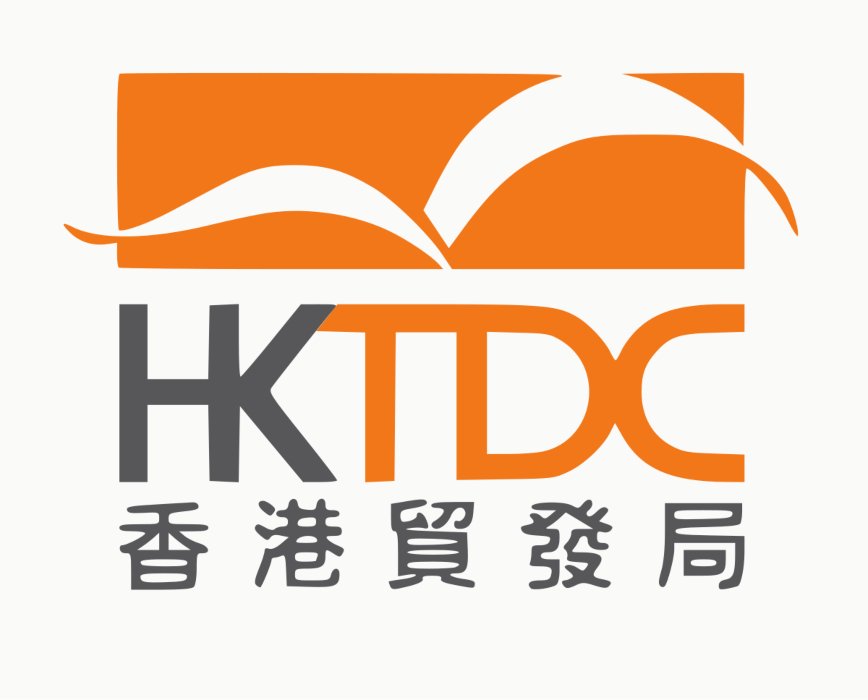
An increasing number of affluent individuals from mainland China are using Hong Kong as a platform to diversify globally, according to a senior executive at the Hong Kong-based lender China CITIC Bank International (CNCBI). Wendy Yuen, head of the bank’s personal and business banking group, said that the bank’s cross-border wealth-management clients from the mainland have tripled in the first half of this year, while the bank’s assets under management grew by roughly 30 per cent in the same period.
Ms Yuen explained that many wealthy mainland families are establishing family offices in Hong Kong “as a platform for them to diversify their investment portfolio,” citing the city’s broad access to international investment products and its role as an established international financial centre. The bank also reported that its fee income from wealth-management rose 50 per cent in the first half, while private bank operating income surged around 60 per cent.
The growth aligns with Hong Kong’s official drive to attract family-office activity. In a policy address in September, Chief Executive John Lee Ka‑chiu set a new target to bring in an additional 220 family offices by 2028, following the earlier achievement of onboarding 200 between 2023 and 2025. The city introduced tax incentives in 2023 and launched an investment-migration scheme last year to support the hub ambitions.
Industry commentary underscores that Hong Kong’s greater appeal stems not only from favourable tax and regulatory settings but also from initiatives such as the Wealth Management Connect (WMC) scheme and dedicated banking services tailored to cross-border wealth flows between mainland cities and Hong Kong. CNCBI’s own disclosures show the bank has set in motion a “dual-centre” private-banking strategy across Hong Kong and Singapore, delivering bespoke global-asset-allocation solutions linked to mainland clients.
Analysts say the influx reflects broader trends of mainland capital seeking diversification amid slower domestic growth and tighter regulatory controls. The surge in family-office and private-bank activity in Hong Kong is therefore both a strategic win for the city and a sign of evolving wealth-management flows in the region.
Ms Yuen noted that families are using Hong Kong not just for investment management but also succession, trust and philanthropic planning, emphasising the city’s growing role as an Asia-Pacific wealth-management hub. With increased product availability, tax efficiencies and cross-border connectivity, Hong Kong is riding a sustained wave of mainland-driven private-wealth inflows.

















